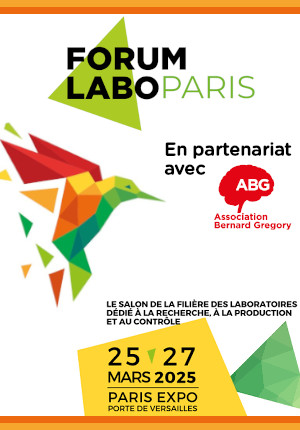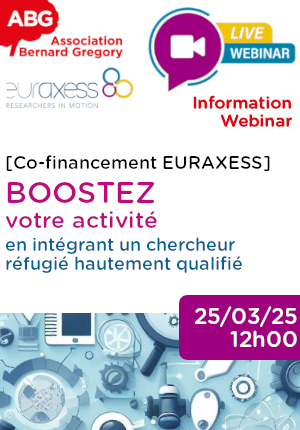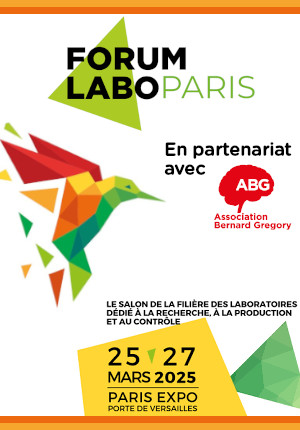GEOMIC : Geometry of random spatial microstructures
| ABG-127468 | Sujet de Thèse | |
| 09/12/2024 | Contrat doctoral |
- Mathématiques
- Numérique
- Sciences de l’ingénieur
Description du sujet
This PhD project, part of the GEOMIC initiative at the Georges Friedel Laboratory (UMR CNRS 5307) of the École des Mines de Saint-Étienne, aims to geometrically model and numerically simulate spatial microstructures in 2D and 3D. The research focuses on using random fields and generative models, such as Generative Adversarial Networks (GANs) and diffusion models, integrating Minkowski functionals for both generation and characterization.
The primary objective is to enhance the understanding of complex spatial microstructures—such as those found in porous materials used in fuel cells and batteries—by leveraging stochastic generation models and geometric measurements. These microstructures have a direct impact on material properties like conductivity, reactivity, and durability.
Key methodologies include:
- Numerical simulation: Using random field models to stochastically generate and study multi-phase microstructures in 2D and 3D.
- Geometric characterization: Employing Minkowski functionals to analyze shape and topology, including surface, volume, curvature, and Euler characteristic.
- Generative AI models: Utilizing GANs and diffusion models to generate realistic 3D microstructures, constrained by geometric properties derived from Minkowski functionals.
This interdisciplinary research integrates mathematics, materials science, and artificial intelligence, offering innovative insights into the design and analysis of advanced materials.
Prise de fonction :
Nature du financement
Précisions sur le financement
Présentation établissement et labo d'accueil
École Nationale Supérieure des Mines de Saint-Étienne
Founded in 1816, the École des Mines de Saint-Étienne is a prestigious French engineering school recognized for its excellence in education and research. The institution emphasizes innovation and advanced technologies, fostering close collaborations with leading companies and academic institutions worldwide. It provides a vibrant scientific environment, integrating expertise in materials science, industrial systems, and digital technologies.
Laboratoire Georges Friedel (LGF – UMR CNRS 5307)
The host laboratory, LGF, is a joint research unit (UMR) affiliated with CNRS and the École des Mines de Saint-Étienne. It specializes in advanced materials and microstructure studies, adopting an interdisciplinary approach that combines mathematical modeling, experimental characterization, and numerical simulation. LGF’s research addresses practical industrial challenges, particularly in energy, environmental sustainability, and innovative materials.
The laboratory maintains strong collaborations with prestigious partners, including CEA-Liten and national and international universities, to develop cutting-edge solutions within high-impact research projects like the GEOMIC project.
Site web :
Intitulé du doctorat
Pays d'obtention du doctorat
Etablissement délivrant le doctorat
Ecole doctorale
Profil du candidat
The ideal candidate has a strong academic background and a keen interest in multidisciplinary research, combining mathematics, computer science, and materials science.
Required Academic and Technical Skills:
- Degree: Master’s (or equivalent) in applied mathematics, computer science, physics, or related fields.
- Knowledge:
- Fundamental and applied mathematics (stochastic modeling, geometry, statistics).
- Scientific programming: proficiency in Python, and preferably another language like C++ or MATLAB.
- Familiarity with artificial intelligence concepts, particularly generative models (GANs, diffusion models) and deep learning.
- Interest in materials science: Curiosity or experience in the characterization and simulation of materials would be a plus.
Personal Skills:
- Strong analytical abilities and aptitude for solving complex problems.
- Ability to work collaboratively, particularly within research teams involving external laboratories and institutions.
- Good command of English (both written and spoken) for international communication and scientific writing.
Vous avez déjà un compte ?
Nouvel utilisateur ?
Vous souhaitez recevoir nos infolettres ?
Découvrez nos adhérents
 ASNR - Autorité de sûreté nucléaire et de radioprotection - Siège
ASNR - Autorité de sûreté nucléaire et de radioprotection - Siège  PhDOOC
PhDOOC  MabDesign
MabDesign  Généthon
Généthon  MabDesign
MabDesign  Nokia Bell Labs France
Nokia Bell Labs France  SUEZ
SUEZ  Institut Sup'biotech de Paris
Institut Sup'biotech de Paris  CASDEN
CASDEN  CESI
CESI  Laboratoire National de Métrologie et d'Essais - LNE
Laboratoire National de Métrologie et d'Essais - LNE  TotalEnergies
TotalEnergies  ANRT
ANRT  Groupe AFNOR - Association française de normalisation
Groupe AFNOR - Association française de normalisation  Tecknowmetrix
Tecknowmetrix  ADEME
ADEME  Aérocentre, Pôle d'excellence régional
Aérocentre, Pôle d'excellence régional  Ifremer
Ifremer  ONERA - The French Aerospace Lab
ONERA - The French Aerospace Lab
-
EmploiCDIRef. ABG129192Association Bernard Gregory (ABG)Paris (3ème) - Ile-de-France - France
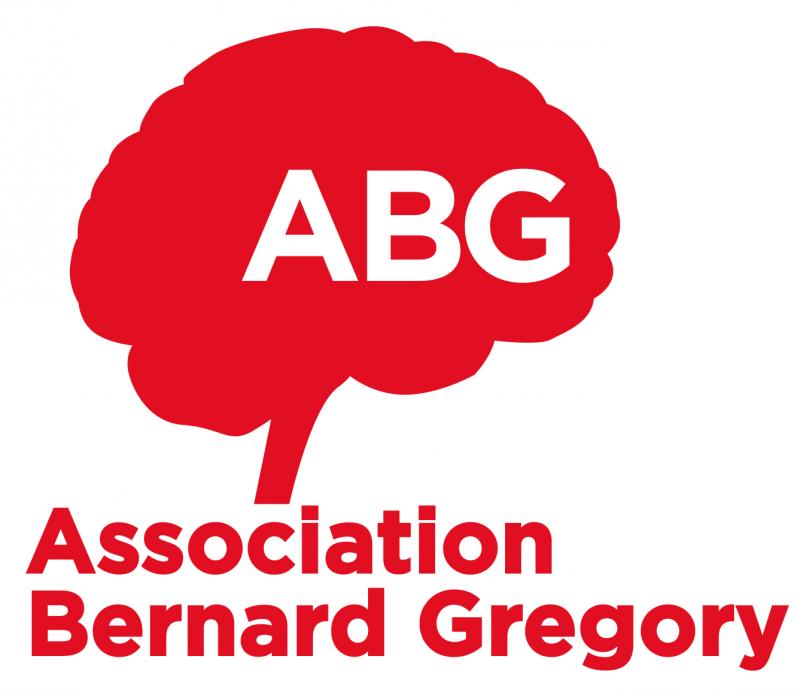
Business Developer (F/H)
IndifférentNiveau d'expérience indifférent -
EmploiCDIRef. ABG128969Institut Polytechnique des Sciences Avancées - IPSAToulouse - Occitanie - France
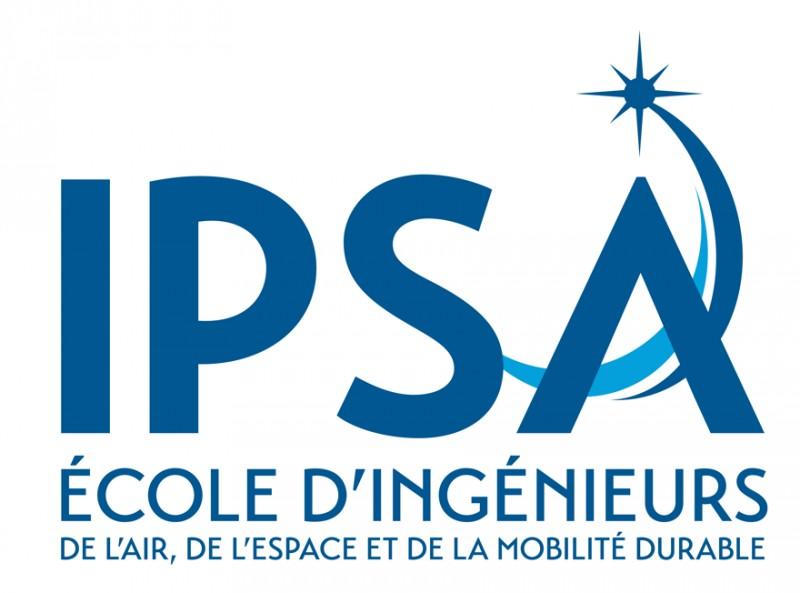
Enseignant-chercheur en Mécanique des fluides numérique
IndifférentNiveau d'expérience indifférent



